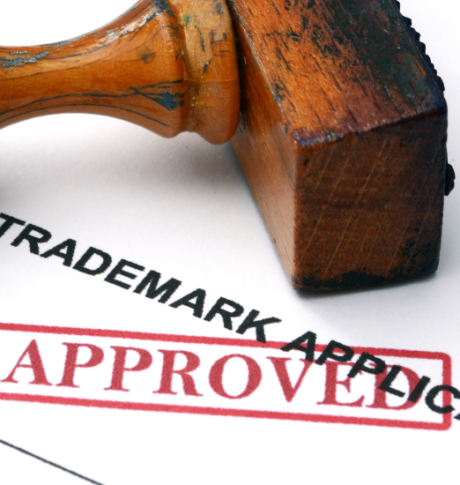Wills and their Myths
Over the years, there have been various misconceptions about Wills. Do I need a Will? What happens if I don’t have a Will? What do I do to create a Will? These are all common questions that we see daily in our practice. While there is no “one size fits all” approach, a Will ensures that your wishes and intentions are clear to your loved ones. This article aims to provide a brief summary on common Will misconceptions and why…









